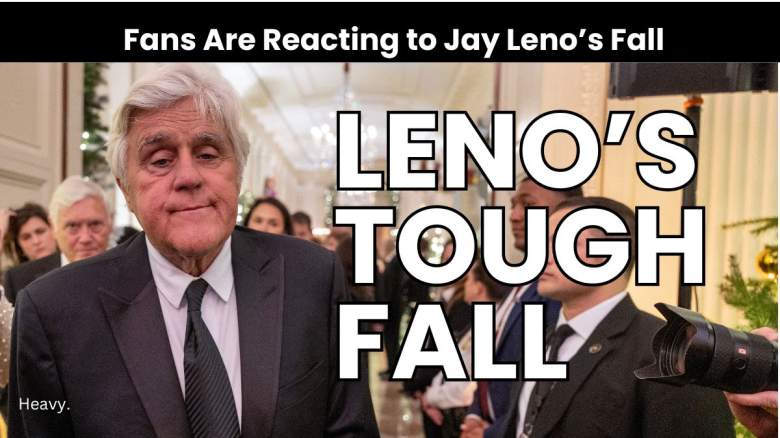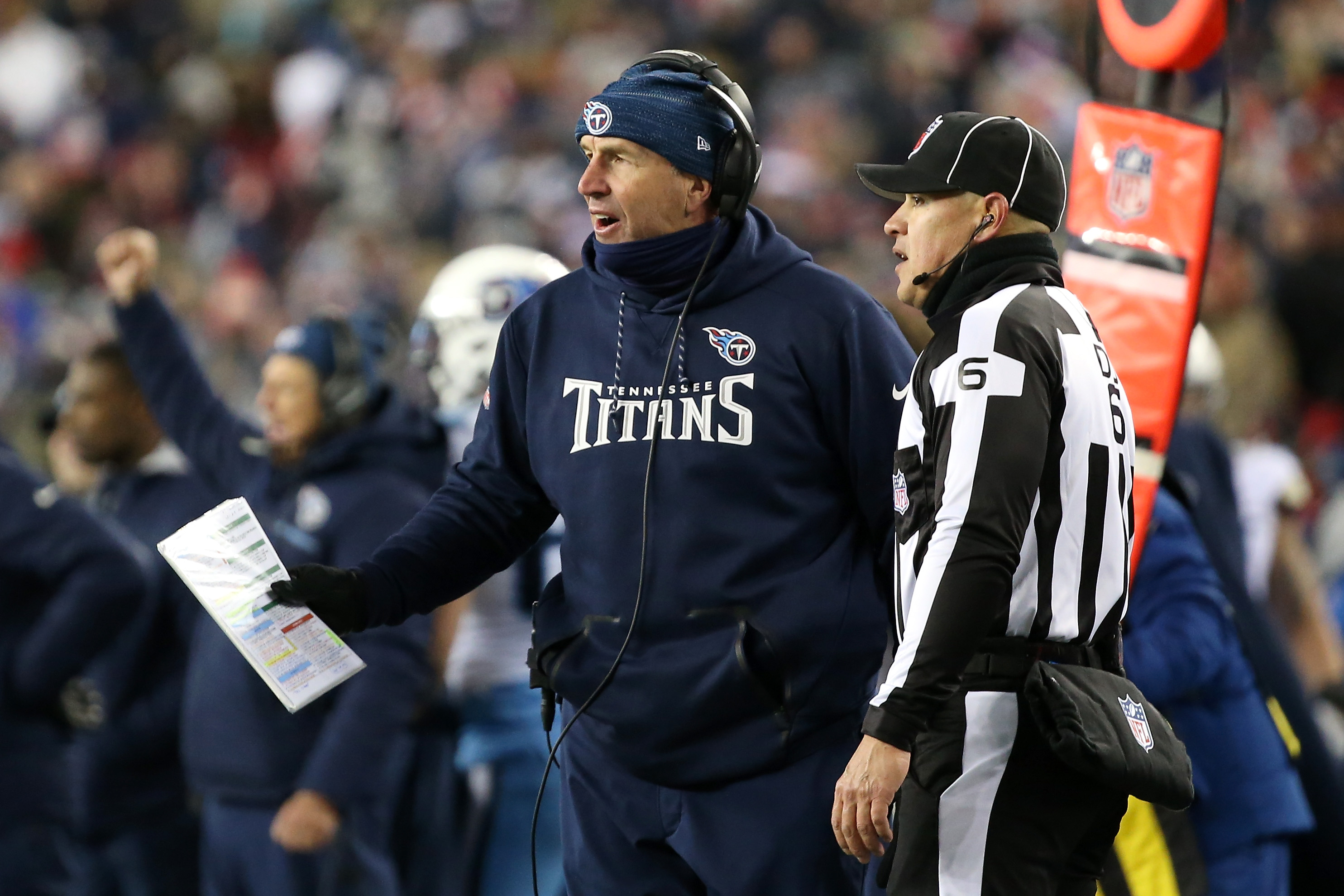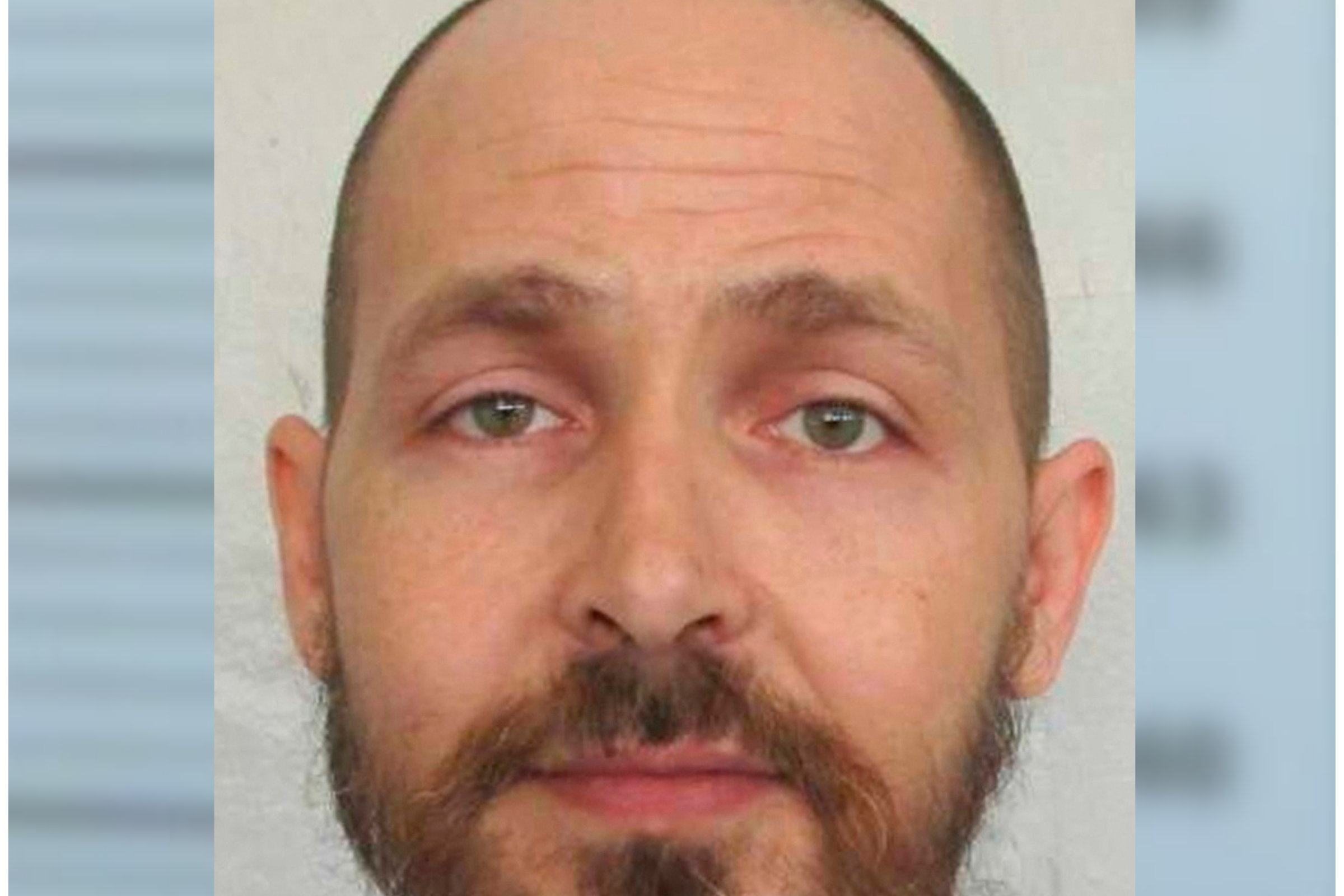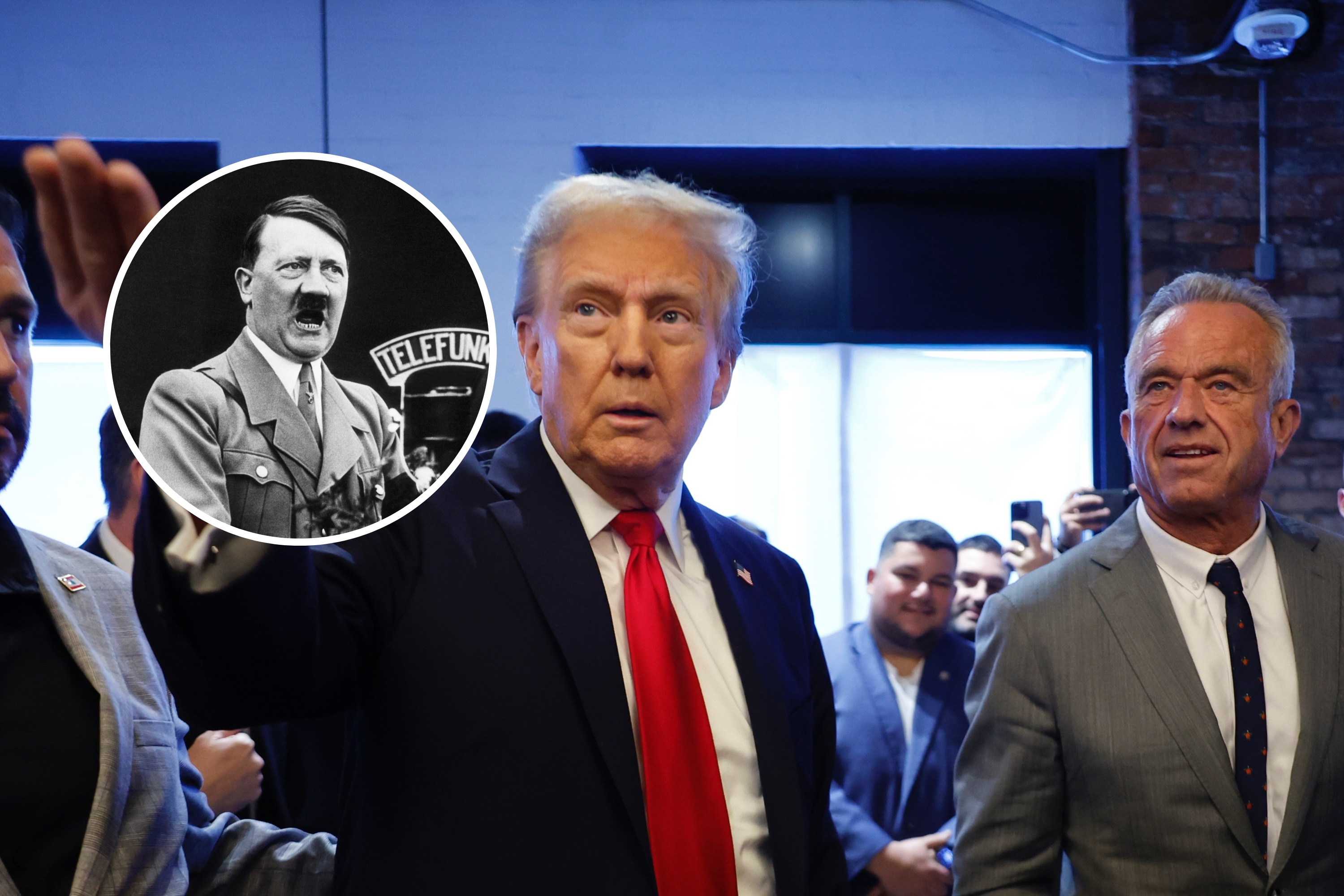
"You don't gotta reinvent the wheel of sitcom, but we do the wheel well."
As the daughter of comic George Lopez, Mayan Lopez's love for the art of the sitcom runs deep. The George Lopez show ran for six seasons on ABC from 2002 to 2007. So when it came time for the two of them to create NBC's Lopez vs. Lopez, now in its third season, she knew exactly what she wanted it to be. "You don't gotta reinvent the wheel of sitcom, but we do the wheel well." And part of that wheel is understanding what makes a great sitcom work. "Laughter is a release. Laughter is a way of relieving stress. It's a way people cope. We laugh about ourselves. We have to." On Lopez vs Lopez, Mayan and George play fictionalized versions of themselves, with many of the storylines mirroring their real life struggles. "My dad and I, we weren't really speaking very much before the first season started, and I was actually nervous, like myself, but my character wasn't and so playing her gave me the confidence to be more direct with my dad and not be afraid that he was going to leave my life as that's part of our previous history of just not talking." On the show, George's character falls on hard times and is forced to move in with his adult daughter. "One thing that I love is how we've portrayed sobriety, and that when someone falls off the horse, like George relapses, you sometimes forget that the family has to change and really build up that person, give that person a chance to grow." And since the original George Lopez show, Mayan has seen changes in terms of representation in the sitcom realm. "There's more representation behind the camera as well, which I love. We have a very diverse room of writers, even executives at NBC, at Universal, so that's encouraging."
Subscribe to Newsweek's Parting Shot Podcast with H. Alan Scott to listen to the full chat with Mayan Lopez. Lopez vs. Lopez airs Fridays on NBC and streams on Peacock.
SUBSCRIBE TO THE PARTING SHOT WITH H. ALAN SCOTT
ON APPLE PODCASTS OR SPOTIFY
Editor's Note: This conversation has been edited and condensed for publication.
Why is it so important for this show to be on the air now?
You know, 20 years ago, the landscape [was] completely different. Even being involved behind the scenes, there's more representation behind the camera as well, which I love. We have a very diverse room of writers, even executives at NBC, at Universal, so that's encouraging. I think that it's extremely important. And the fact that we got to a third season was very important in the Latino Hollywood community. I go to these events, a lot of them, it's season two and that's it. They don't make it. I think it's very encouraging for people to be able to see themselves. Are we a Latino family? Yes, but it's more than that. These are issues that all families face. But to have it be us, and to be able to have this space and to be going as far as we have, I hope it shows that we can tell more of our stories and that our stories are marketable, and you don't have to play it up to a stereotype.

And there's so much to relate to. Families falling on hard times, an older loved one moving in with the younger child, like these are things Americans are dealing with.
We talk about falling on hard times. We talk about sobriety, mental health, being a man of a certain generation, which is my father. I mean, he's a 63-year-old, sober Mexican going to therapy for the first time. The baby boomer generation was taught not to talk about their feelings. I am a millennial, we saw those generational differences. One thing that I love is how we've portrayed sobriety, and that when someone falls off the horse, like George relapses, you sometimes forget that the family has to change and really build up that person, give that person a chance to grow. As we've gotten into the third season, we're all growing around George.
Also what makes it even more relatable is the blending between fact and fiction, how some of the storylines and your characters struggles with George mirrors you're own struggles with your father, which was something George Lopez brought up in our chat.
I call my character "Smayan" or else it just gets very meta. I joke that I have a minor in my parents divorce. It's like 10,000 hours makes you an expert at anything, I've definitely had that in therapy. But really, my dad and I, we weren't really speaking very much before the first season started, and I was actually nervous, like myself, but my character wasn't and so playing her gave me the confidence to be more direct with my dad and not be afraid that he was going to leave my life as that's part of our previous history of just not talking. And as the show has gone on it, she's helped me go grow into myself. It's almost by playing her, it's a mirror of my life, and that I can individuate myself. And that's a different George. But we role play, and we do take those lessons in. And so I would have never thought to do this, but I'm so grateful for the experience, because I've always wanted what I've gone through to mean something, or to tell stories from truth. We get to do that and have the fan base that we have get to see themselves. I've gotten messages from fans saying, 'My father passed away, I never got to have these conversations.' Every family is different, sometimes you can't reconcile with that family member. But hopefully by watching, you can come and have your own healing, and take away what you can.

And because we have this long relationship with George Lopez, going back to the original sitcom. So in a way, because we're growing up with him, it can help others maybe evolve. How does it feel to have those fans come back but also create something for a whole new generation of fans?
I think it's such a lovely experience, because they know and love their George, and that is a George Lopez that exists. We did have an episode where the old cast from the first show came, but I was like, it's not a reboot. But what I love is that they've grown to love our show and the relationship and how we play with one another, and they get to be reintroduced, like introduced to me, and that they love the show for what it is. It makes them laugh. It brings back the memories and the feelings that they had from the first show. And that's something that's really lovely and it really means a lot that they accept me with open arms. I will say, I don't speak Spanish. I did do an episode about that, but you can't make everyone happy. Sometimes it's, "You don't represent us, you don't speak Spanish," but I'm Latina enough, and I'm here.
Well, to that, you mentioned the changes in diversity behind the camera. What about that is important to you in terms of the voices shaping the show?
I'm one of very few faces of people behind the scenes that's my age, and so that's something that I don't take lightly and I'm very grateful to be the one telling the stories, because I believe that it's authentic storytelling, and that no one can truly tell our stories like we can. And I love that we are. We're very collaborative here. But I think when it comes down to what we put into the show, it's just trying to tell the truth and staying true to these characters and how they can evolve, how we can test them, how we can have them grow, but always go into what are their core beliefs. I always joke to our show runner, Debbie Wolfe, who's our head writer, I'll be like, "Debbie, write it down, my dad and I are saying something." It's almost always been Lopez vs. Lopez in a way, because we've always just quipped off each other.

I also just can't get over how much it means to have the support of NBC for a show like this, considering how rare representation on network TV can be.
Yeah, it really is. They are incredible collaborators, and they really haven't told us no many times, they really want us to tell these stories, and they are incredibly supportive, and they love how real the show is, but [also] that we make you laugh and we make you cry, we take care of you, it's all wrapped up in 20 minutes. You don't got to reinvent the wheel of sitcom, but we do the wheel well. And that is something that I love, because I think sitcom is one of the best parts of television, like a genre of television. And I think our presence now, with the state of the world, I think is even more important that we are on this landscape.
I spoke with George about that a little. That there's a cultural conversation happening right now around immigrant populations that can be polarizing. And I can only assume that some of that population sees themselves in these characters.
Laughter is a release. Laughter is a way of relieving stress. It's a way of people cope. We laugh about ourselves. We have to. I've dissociated many times to a comedy and I just have it playing in the background, to kind of quiet my mind, and to just know that I'm being taken care of and watching these characters. When we shoot in front of a live audience, it's so lovely now to have it in season three [because] the audiences go crazy because they know our characters, and that is something that makes it really fun to be able to play with them. Tuesdays are my favorite days of the week, when we get to just play.




















 English (US) ·
English (US) ·